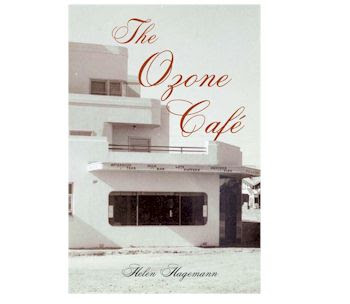Ode to the Post(wom)an
It is always the postman delivering news,
outstretching arms to that most noticeable
point - letterbox at land's edge. Friend and
lifelong reminder of correspondences. And although
those dreaded bills equate to the missing zero at the bank,
there's harmony in a house with gas, light globes glowing dust.
Little envelopes and packages move forward
like gifts: birthday parcels, a postcard from Turkey,
stamps to re-cycle if they've missed the mark.
Most days the postie steers his heart like a looping
Evel Knievel on a wobbly ten-stroke. There's grit & sand,
grass without splendour, cars on-the-verge, savage dogs,
tom cats hypnotised by scent. We hardly praise the postie
in this current road rage, a visitor to our home we never
invite for tea. We don't call out his or her name,
We don't know our postman, do we?
It is always the postman delivering news,
outstretching arms to that most noticeable
point - letterbox at land's edge. Friend and
lifelong reminder of correspondences. And although
those dreaded bills equate to the missing zero at the bank,
there's harmony in a house with gas, light globes glowing dust.
Little envelopes and packages move forward
like gifts: birthday parcels, a postcard from Turkey,
stamps to re-cycle if they've missed the mark.
Most days the postie steers his heart like a looping
Evel Knievel on a wobbly ten-stroke. There's grit & sand,
grass without splendour, cars on-the-verge, savage dogs,
tom cats hypnotised by scent. We hardly praise the postie
in this current road rage, a visitor to our home we never
invite for tea. We don't call out his or her name,
We don't know our postman, do we?























